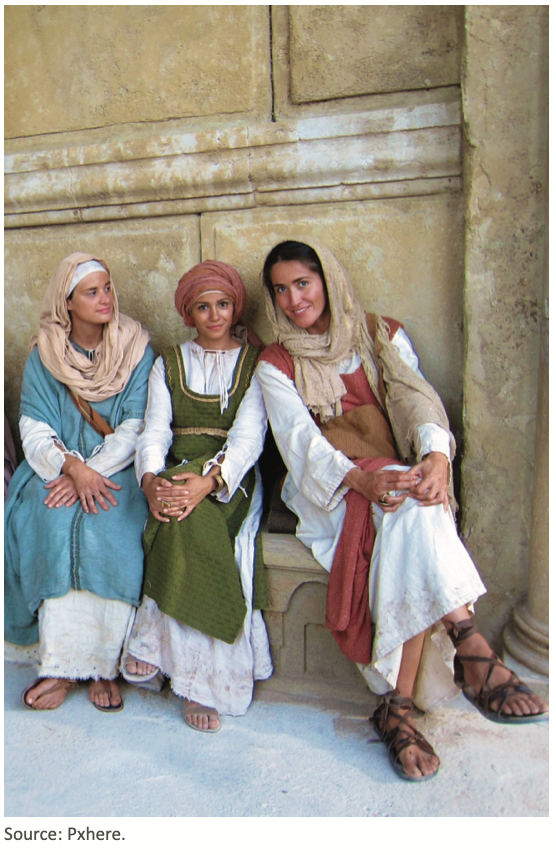
After facing a “stained glass ceiling of limitations” in Middle Eastern churches due to religious but also cultural restrictions, women are gradually ascending to the pulpit in the region, reports Mae Elise Cannon in Sojourner’s magazine (November). Even in churches that allow women’s ordination, such as the Presbyterian and Lutheran denominations, Middle Eastern congregations have been slow to accept women in leadership positions, with longstanding cultural traditions against such a change carrying as much or more weight than traditional Christian prohibitions. Cannon writes that low birth rates, emigration, and regional conflicts have resulted in lower church attendance but also a greater need for ministry, which has opened the doors for women. Women are being trained at seminaries in Lebanon and Europe for ministry in such Middle Eastern countries as Palestine, Syria, Israel, and Lebanon, although it is still challenging for them to find positions in the region. Some people feel that the elevation of women in leadership represents the influence of the West and a “human rights invasion” that is not biblically justified, even though most of the region’s churches originated from Western missionary efforts. The new candidates for ministry acknowledge that they may not be welcome in many Lebanese and Palestinian communities and realize that they have to focus on areas that may be more open to women in ministry, such as bigger cities like Jerusalem. The first three women ordained and in ministry in the region in the last decade all serve in Lebanon under the mentorship of Rima Nasrallah of the Near East School of Theology in Beirut.

(Sojourners, htps://sojo.net/)